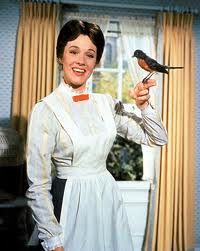
We know this. We say things like, ‘you catch more bees with honey than vinegar’, understanding that something positive is likely to achieve many goals more efficiently than something negative. The drill sargeant governesses in Mary Poppins caused children worldwide to cringe. No one wanted one of those in their lives, even if we didn’t know what a governess was.
I’m never sure why anyone shows reluctance to the practice of making something easier or more pleasant for someone or something else, whether it involves showing support, offering a reward, or providing medications to ease suffering. We have sayings for this as well-‘spare the rod spoil the child’, ‘don’t sugarcoat it’, ‘no pain no gain’. Sure we get stronger by pushing our limits, learn more by being accountable for the quality of our responses, but since when it is ok to watch someone drowning and not throw them a lifeline because we think that struggling will improve their swimming skills?
Scared dogs are struggling. Attempting to flee, hide or being aggressive are indications that they are drowning. They are figuratively ‘in over their heads’. In the same way I wouldn’t hesitate to pull someone into shallow water, I don’t hesitate to get my scared dog to a place where he can at least reach the bottom with his tippy toes and catch his breath while I dig in my pockets for that spoon.





